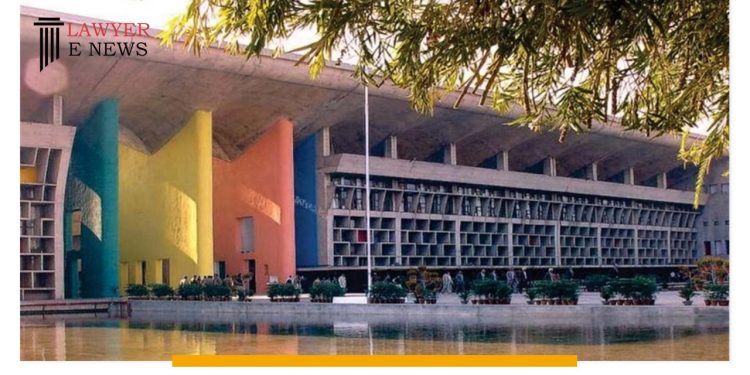Wife not entitled to permanent Alimony if living in Adultery – Punjab & Haryana High Court

Following the issuance of a divorce decision based solely on such adultery, the Punjab and Haryana High Court recently refused lifelong alimony to a woman who was living in adultery.
The respondent-divorce husband’s petition was granted by the Family Court in Ambala pursuant to Sections 13(1)(i) and 13(1)(ib) of the Hindu Marriage Act, 1955, and the appellant-wife filed an appeal against that decision.
The petition’s facts stated that the appellant and respondent had been lawfully married since 1989 under the Hindu Marriage Act as husband and wife, respectively. The respondent-husband filed for divorce before the Family Court in Ambala on the grounds that his wife’s behaviour was extremely rude and aggressive from the start of their marriage and that his wife used to abuse, insult, and humiliate him and his family members, making constant jokes about the respondent’s financial situation and calling him “Namard”—all of which events caused him to become mentally ill.
Additionally, the respondent told the Trial Court that his wife had grown close to another man (the second respondent), and that as a result, he had to leave his home in 2006. Additionally, the second respondent used to visit his wife while the husband was abroad, and the second respondent used to converse to his wife on their mobile phones, as the husband’s testimony from multiple witnesses established. The respondent husband did so by filing for divorce on the grounds of “cruelty” and “adultery.”
Based on the respondent-allegations, husband’s the Trial Court issued a divorce decree in accordance with Sections 13(1)(i) and 13(1)(i-b) of the Hindu Marriage Act, 1955, confirming the husband’s accusations of cruelty and adultery. The appellant-wife brought a permanent alimony claim before the High Court against the backdrop of that ruling.
Justice Ritu Bahri and Justice Nidhi Gupta’s division bench ruled that the appellant-wife is not qualified to request ongoing alimony payments from the respondent-husband.
The Delhi High Court’s decision in Pradeep Kumar Sharma v. Deepika Sharma, Crl. Rev. P. No. 417 of 2021 and the court’s decisions in Anil Kumar Sharma v. Asha Sharma, 2014 (36) R.C.R. (Civil) 812 and Anil Kumar Sharma v. Asha Sharma were distinguished by the court, who noted that in those cases, a permanent alimony claim was made after the divorce was granted on the grounds of cruelty and not adult Further, the Court noted a difference between the facts in Valsarajan v. Saraswathy, 2003(3) R.C.R. (Criminal) 665, a Kerala High Court ruling that the appellant-wife had cited, and the facts in the current case, where the wife was living in adultery prior to the Trial Court issuing a divorce decree. In Valsarajan, the wife was living with another man after the divorce, whereas in the present case, she was living
The Court dismissed the petition, pointing out that the wife was accountable for both “adultery” and “cruelty,” in addition to both.holding that petitioner was not entitled to permanent alimony.
ABC
vs
XYZ and Anr.






